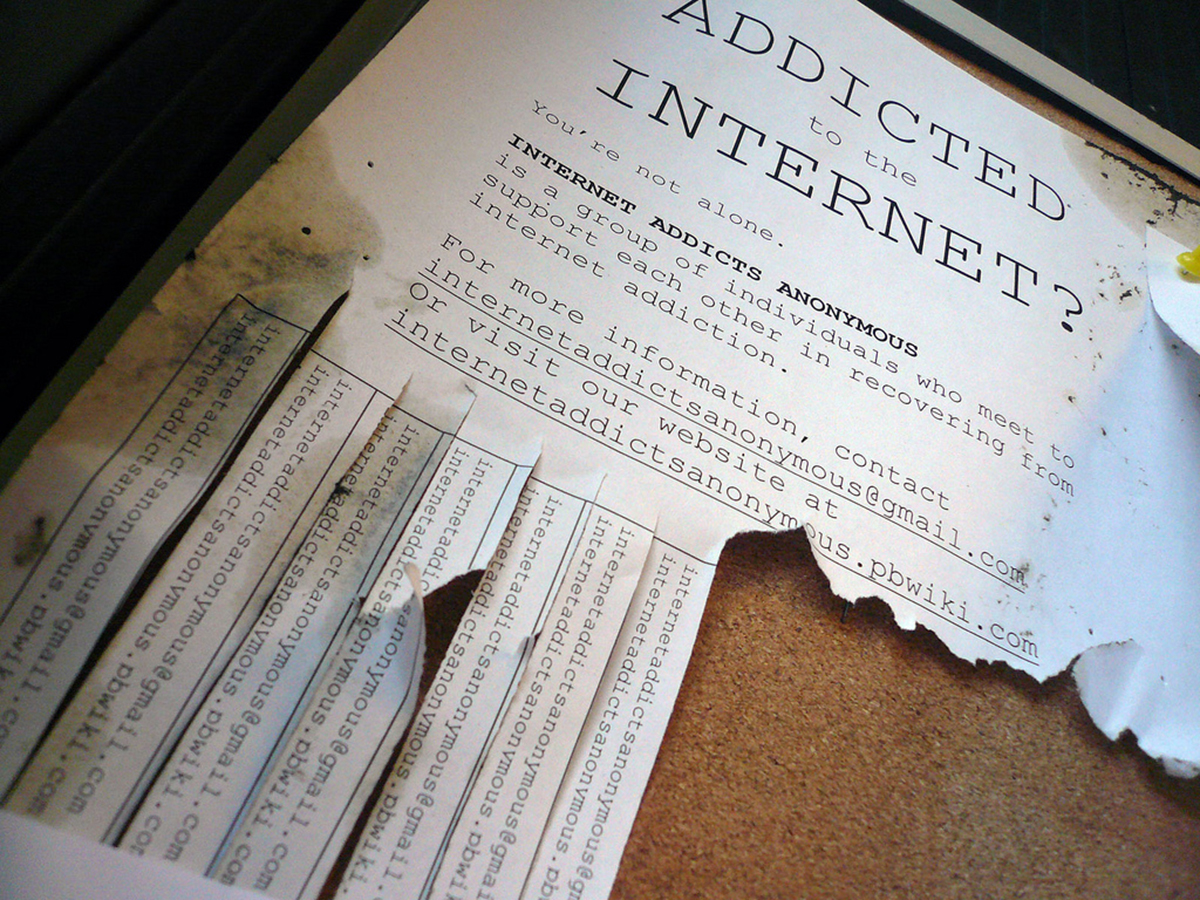Table of Contents
Ko. C-H found, on meta-analysis, that the previous studies that were done on IGD support the existence of the disorder. Questionnaires that were filled in by patients and functional MRI scans pointed towards the possibility of IGD having strong addictive properties similar to those seen in patients with other intoxicant and non-intoxitant addictions. However, further studies need to be done in order to gather more data on patients using the criteria set-up in the DSM-5.
In Young, K.S. it was found that , by using pathological gamblers as a model, pathological internet use seemed to be an impulse-control disorder without an intoxicant being involved. It was also found that in those described as addicted towards to the internet, there were functional and behavioural differences between this group and those who were not classified as addicted to the internet. Further studies into the behavioural properties of internet addiction were proposed here.

King, D.L. discussed IGD as having unique and distinct cognitive factors which apply to the disorder alone and therefore differentiates it from other mental health conditions. These include core beliefs about the player and perceptions of the nature of online and video gaming rewards, identities and activities. It is mentioned, though, that further studies need to be done on the general population and on clinical samples.
Management of this disorder
Different countries have set-up programmes and treatment protocols unique to their affected populations groups, and have therefore opened treatment centres that focus on this specific issue. Although further research does need to be done to better understand the causes and progression of this disorder, there have been successes regarding management of the problem.
The countries which have set up rehabilitation centres specifically for this disorder include the United States of America, China, the Netherlands, Canada and Australia. There have been reported cases of deaths due to this disorder and the affected individuals were from China, South Korea, Vietnam, USA, Brazil and the Philippines.
READ Do YOU Display Any Internet Addiction Warning Signs?
Conclusion
Internet Gaming Disorder is a mental health condition which shows strong evidence of being an impulse-control condition. It therefore exhibits the characteristics of intoxicant and non-intoxicant addictions which does well on the treatment combination of psychotherapy, pharmacotherapy and 12-step addiction programmes.
The general consensus in the studies is that IGD does need further investigation into whether it can be considered a stand-alone diagnosis. In order to do this, studies need to be done on the general population as well as clinical samples in order to collect more data which needs to be compared to the criteria proposed for confirming the diagnosis of this condition.
- 1. Ko, C. H. (2014). Internet gaming disorder. Current Addiction Reports, 1(3), 177-185
- 2. Young, K. S. (1998). Internet addiction: The emergence of a new clinical disorder. CyberPsychology & Behavior, 1(3), 237-244
- 3. King, D. L., & Delfabbro, P. H. (2014). The cognitive psychology of Internet gaming disorder. Clinical psychology review, 34(4), 298-308
- Photo courtesy of jdickert: www.flickr.com/photos/jdickert/289732295/
- Photo courtesy of theredproject: www.flickr.com/photos/theredproject/3686402702/
- Photo courtesy of com_salud: www.flickr.com/photos/com_salud/13966920065/
- Photo courtesy of com_salud: www.flickr.com/photos/com_salud/13966920065/


Your thoughts on this